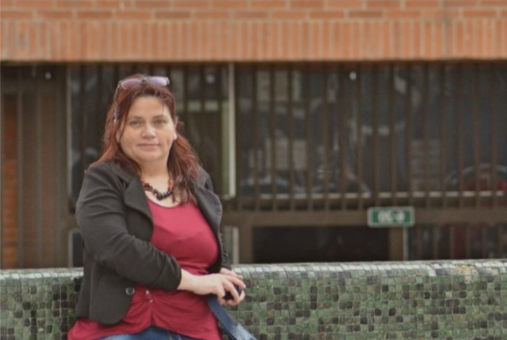
A Superior Court of Colombia recently sentenced one of those involved in the case of aggravated torture against journalist Claudia Julieta Duque to 12 years in prison. The journalist said the sentence left a “bitter” taste because the convicted former intelligence official is on the run.
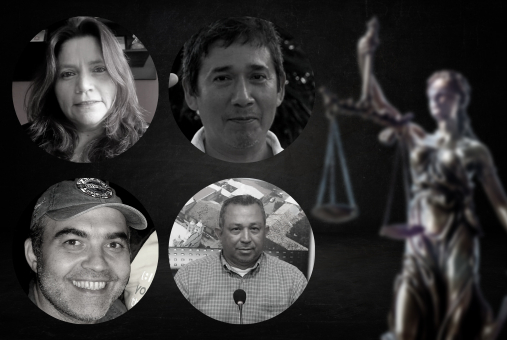
To mark the International Day to End Impunity for Crimes against Journalists, which is celebrated every Nov. 2, LatAm Journalism Review (LJR) is highlighting four cases of journalists from Latin America and the Caribbean that, for the most part, remain unpunished.

Over the past twenty years, Colombian journalist Claudia Duque has been targeted for her work. She’s been abducted, tortured, threatened, followed and surveilled. Justice for these crimes has been limited. Despite this, she continues to focus on her own journalistic investigations, mainly into crimes against other journalists.
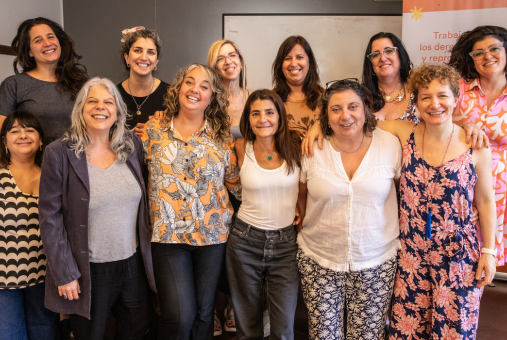
Four years after the appointment of Mariana Iglesias at the Argentine newspaper Clarín, gender editors are promoting changes in news coverage, working to consolidate their positions and facing unprecedented online violence. LatAm Journalism Review spoke with gender editors in four countries to understand the current status of these professionals in the region.
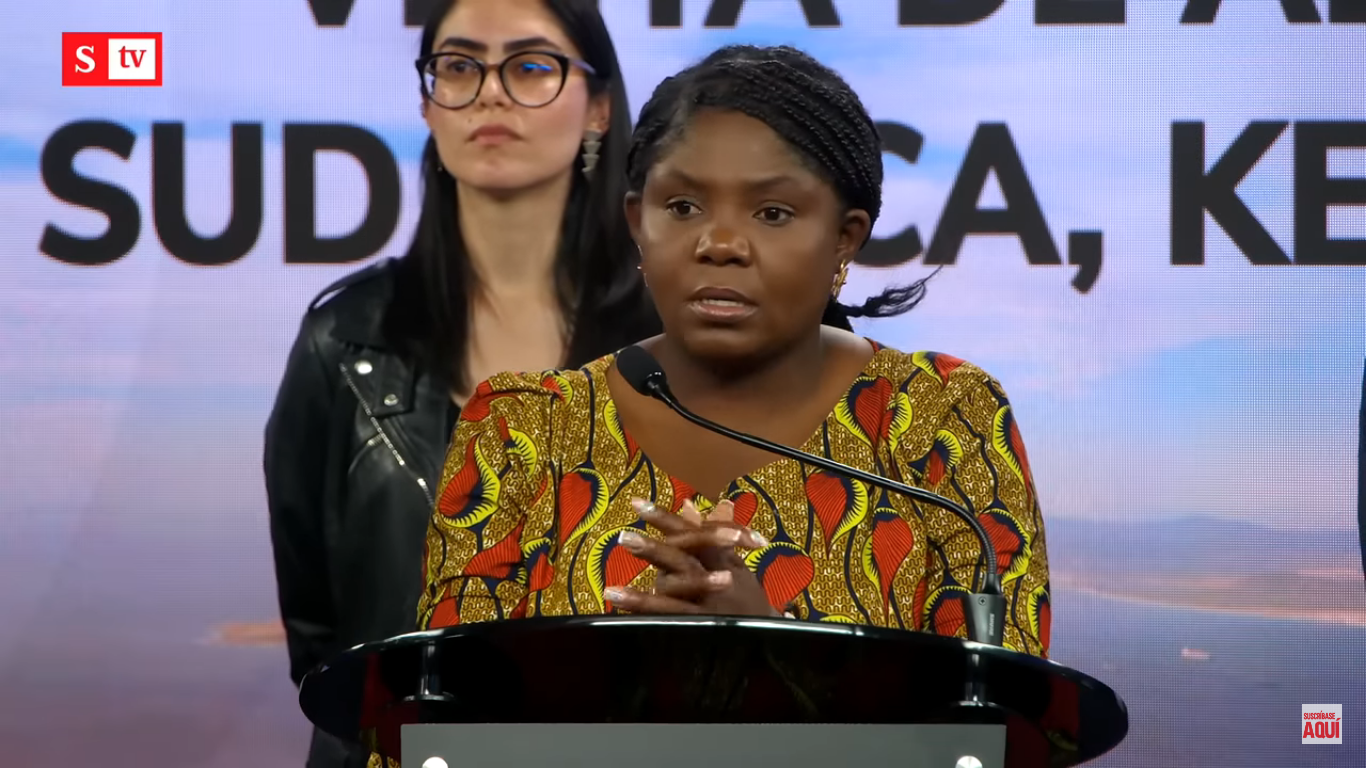
An Afro-Colombian journalist, Beatriz Valdés Correa, won the 2023 Gabo Award in the text category for an investigation on the situation of Afro-Colombian women victims of sexual violence in the context of the armed conflict. How does the Colombian media cover the facts about the Afro-Colombian population and its vice-president Francia Márquez?

In addition to thousands of victims, Colombia's armed conflict has also left a trail of silence and invisible stories in different regions of the country. Through a project that combines art, science and journalism, reporter Ginna Morelo and the Entre Ríos Museo team seek to rescue Colombia's collective memory.
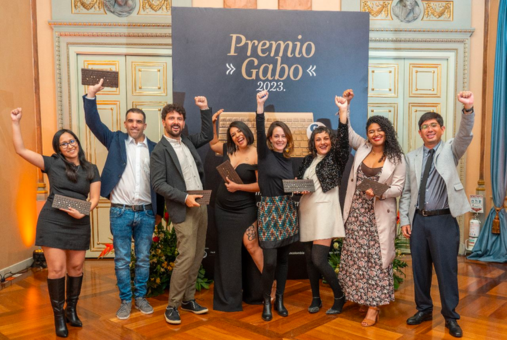
Feature stories by El Espectador (Colombia), IDL-Reporteros (Peru) and Réporter Brasil (Brazil) won the Gabo 2023 Award in Text, Image, and Coverage categories, respectively. The awards gala also honored journalist Jennifer Ávila (Honduras) and denounced injustices against Guatemalan journalist José Rubén Zamora, who has been imprisoned for almost a year.
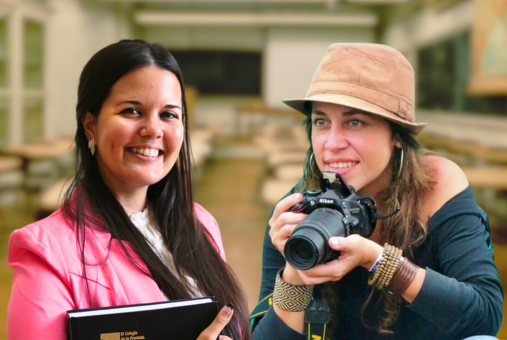
Colombian journalist Andrea Aldana and Cuban journalist Loraine Morales, who live in exile due to hostility towards journalism in their countries, will strengthen their teaching skills while sharing their experience with journalism students, as part of a program promoted by Reporters Without Borders and Spain's Miguel Hernández University.
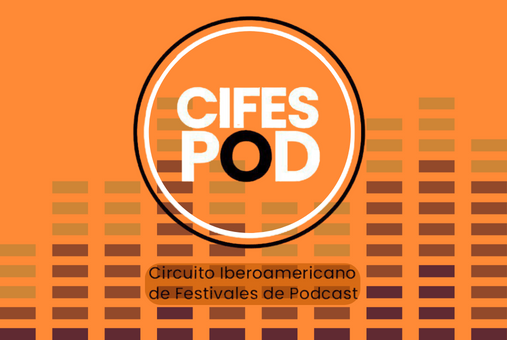
Seven podcast festivals comprise the Ibero-American Circuit of Podcast Festivals (CIFESPOD, by its Spanish acronym). The circuit’s goals include gaining recognition of podcasting as a cultural industry, joining forces for fundraising, creating a Latin American award for best podcast, and strengthening the production of narrative journalism pieces in audio.
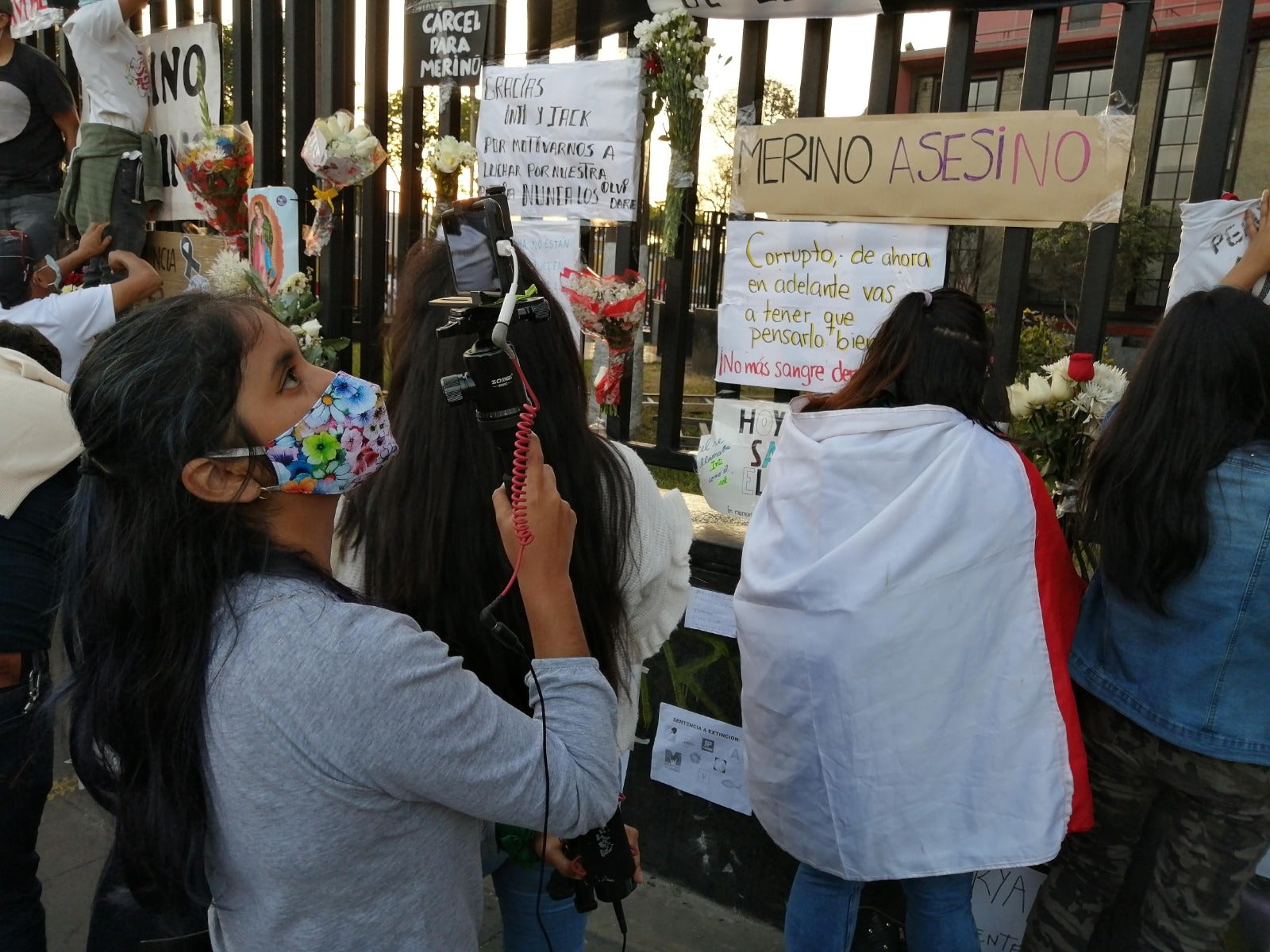
Journalists Catalina Ruiz-Navarro, from Colombia, and Graciela Tiburcio Loayza, from Peru, share personal testimonies about judicial harassment they have been subjected to for years for practicing their profession. These are the consequences of making public allegations of abuse and sexual harassment against powerful men.
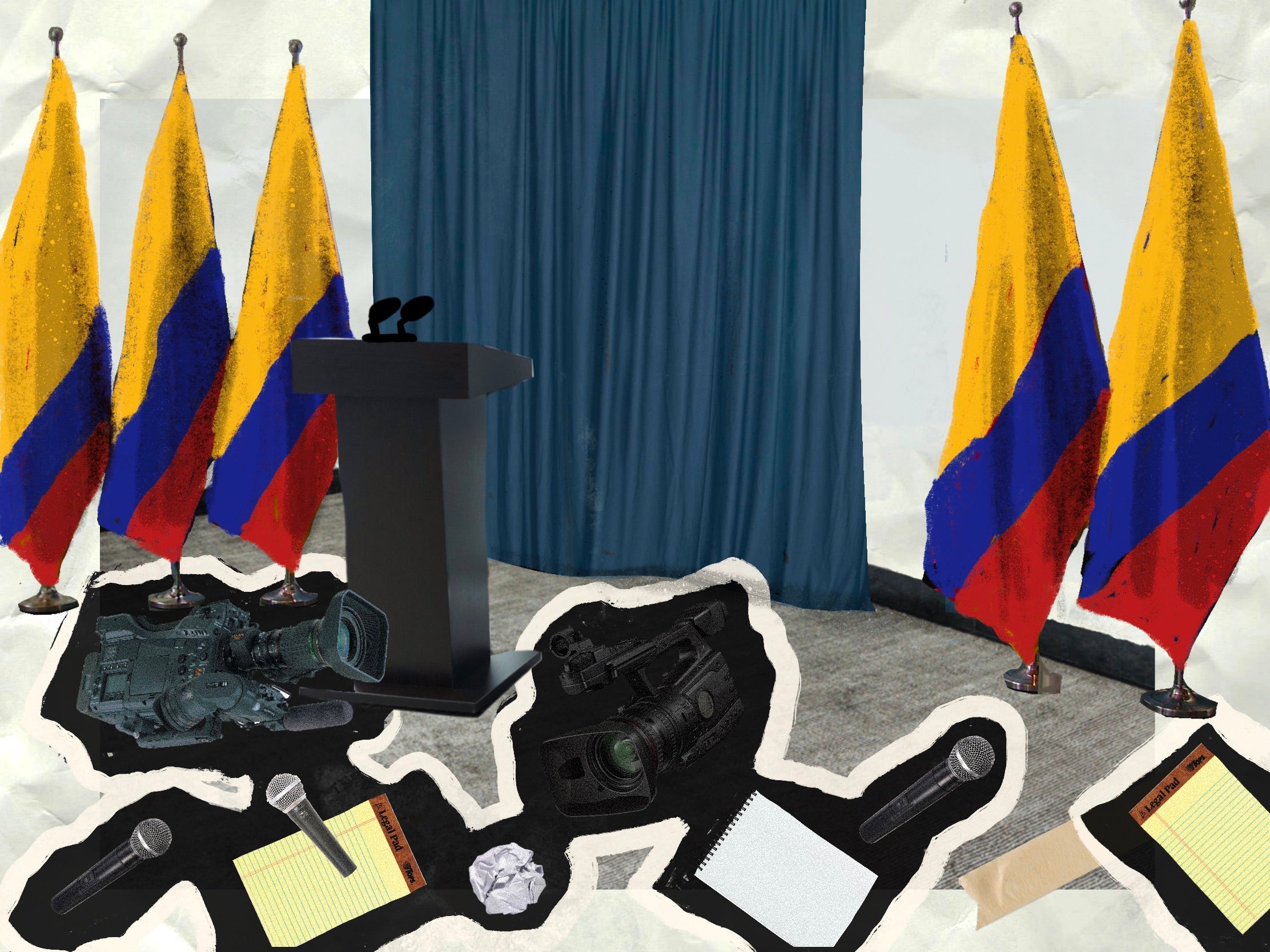
More than 200 threats and two murders of journalists were recorded by Colombia's Foundation for Press Freedom (FLIP, by its Spanish acronym) during 2022. As part of Colombia's Journalist's Day, commemorated on Feb. 9, FLIP published its annual report. It found that there was scant progress for a press attacked by armed groups and public officials.
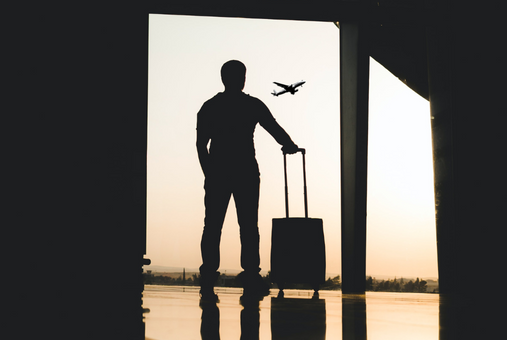
Voces del Sur reports that 170 journalists from the region were forced into exile in 2020 and 2021 to escape arbitrary imprisonment or even assassination attempts. To understand this worrying exodus, GIJN spoke with exiled members of the press from Nicaragua, El Salvador, Cuba, and Colombia, who shared how they had been pushed into exile, and gave tips for other watchdog journalists who face similar threats.